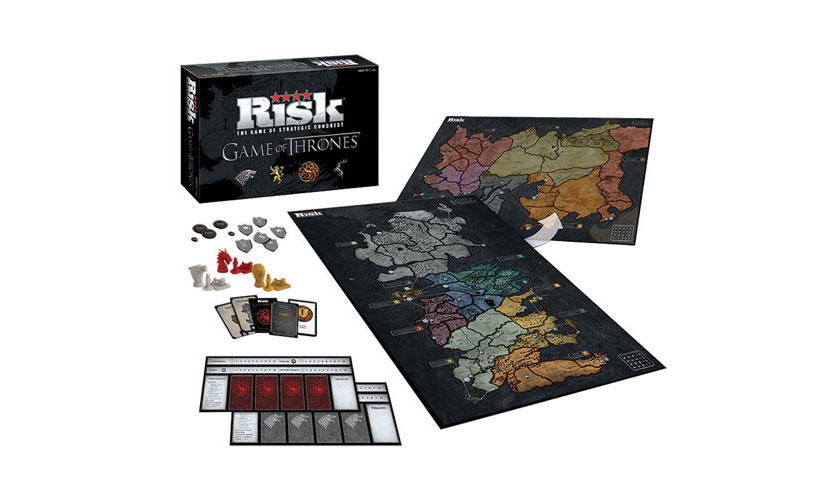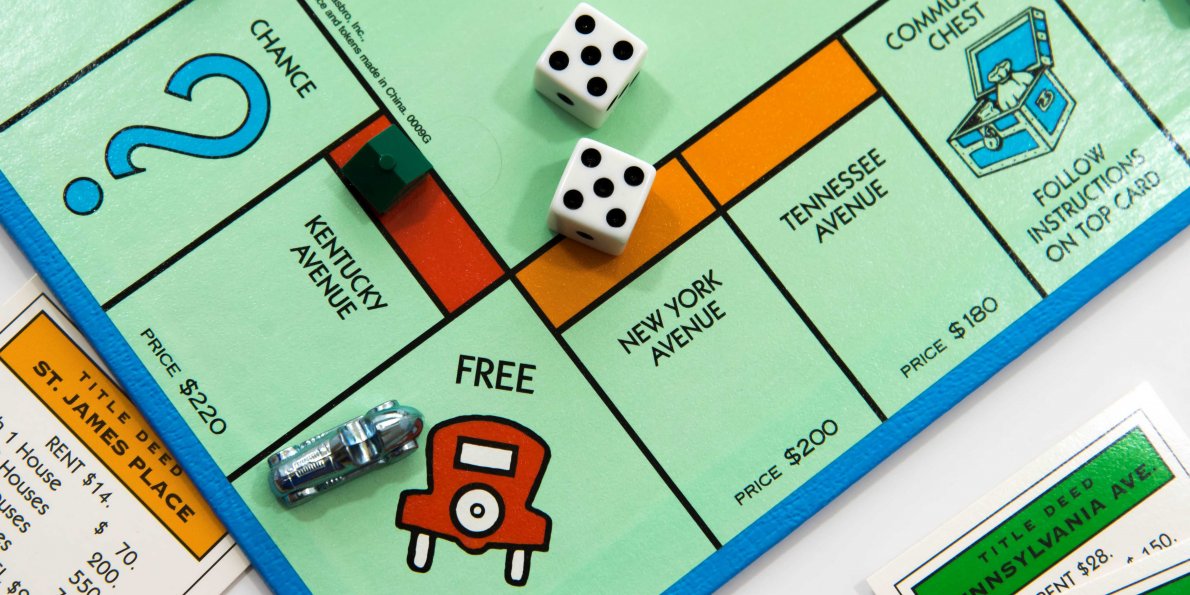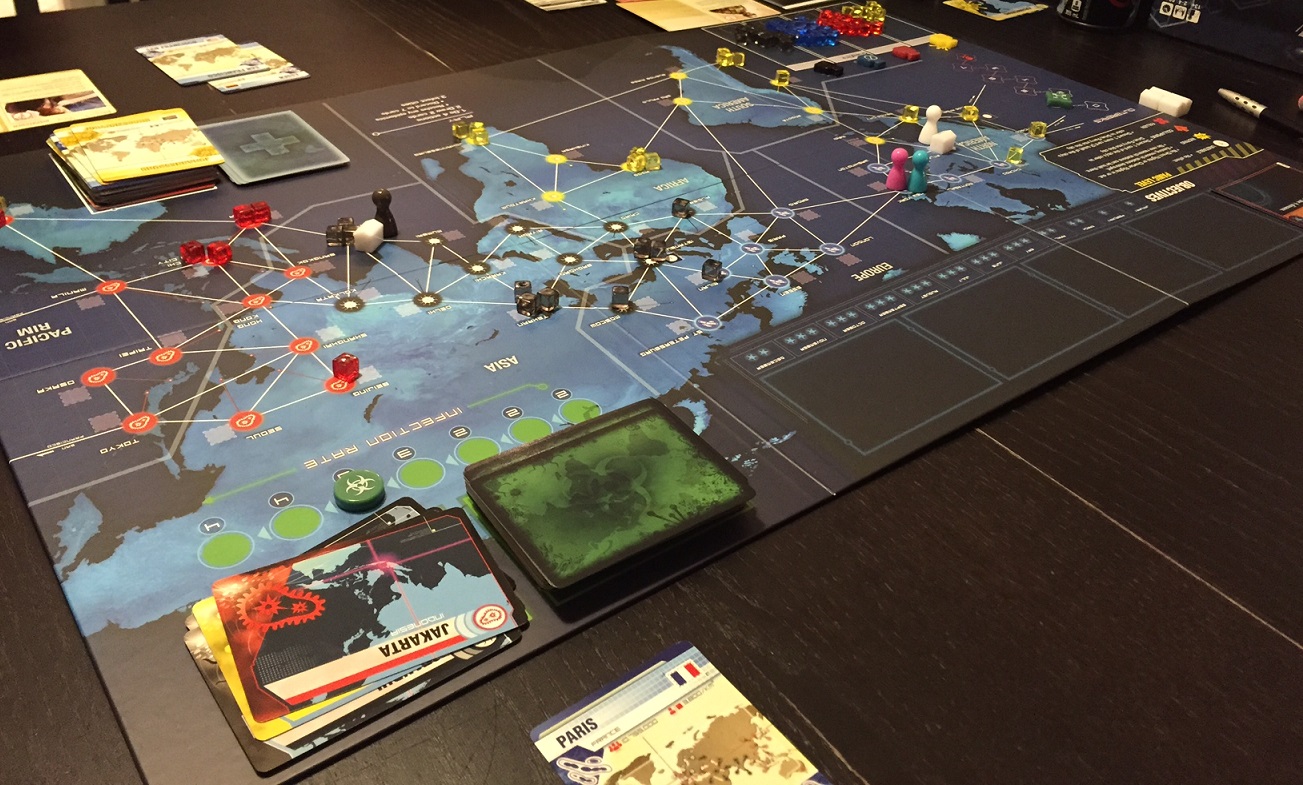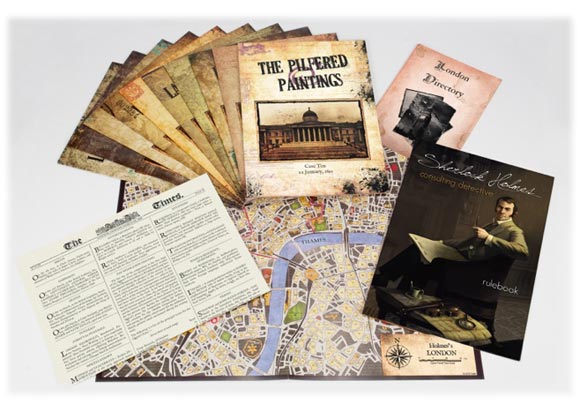
I recently posted an article on how board games are stealing back our precious heartbeats from the ubiquitous demands of social media (See Board Games Return to take on Social Media). In this article I want to discuss why many new board gamers are getting engrossed by some of the more time consuming board games, especially “campaign style” games that are available.
There have always been board games that take entire days and/or nights. If you ask most board gamers the longest one they’ve ever played, most will say Monopoly without fail and then back it up with some story of how they schemed to win the game or of how it came close to tearing a family apart.
All of the traditional lengthy board games are still around. You can still get Monopoly (though there are about 50 different types of Monopoly now ranging from traditional to Pokemon to Big Bang Theory) and Risk and games like that, but there are a lot of others out there now too, and they have simpler rule sets to follow. The honest truth about Monopoly is that as much as I enjoy playing it once every couple years, I don’t think I’ve ever played it with all of the right rules. I remember playing a Monopoly video game for the first time (Shoutout to all of you Sega Master System owners) and being mindblown about the fact that property auctions were part of the rules.
Board games that require extensive time investment
A board game that requires half or full day investment in a single go is the one that you’re probably used to. Truth be told, that’s what a lot of today’s games are as well. You can still find the epics of yesterday but there are a lot of epics of today you should consider too. In this section, I’ll talk about board games that take a minimum of 2 hours and can often take more.
With the exception of Monopoly and possibly Scrabble (depending on how fast your opponents are) arguably the most recognizable longer form strategy game is Risk. It’s been nearly 70 years since Risk was first released and it thrives among players because of the strategy involved as well as the competitive edge of world domination.

In the 80s, games like Axis and Allies and Sherlock Holmes: Consulting Detective made their way to living rooms. The latter is a personal favourite of mine and has you take on the role of a cooperative set of keen eager beavers attempting to solve a case that’s been posed to the famed detective. Take as long as you need (the box says it takes about 2 hours but expect it to take much longer depending on how many people you play with and how strategic you want to get) but at the end of it you’ll compare your game score against how quickly Sherlock solved it and get scored from there. Scoring 0 isn’t that demoralizing at first by the way as you’ll get better I’m sure.
Today’s games (2005-present) blend a lot of elements of yesterday but bring in creative twists of their own. If you’re a fan of HP Lovecraft’s writings, for example, Fantasy Flight games have an entire line-up of games that will draw your interest. The first game I ever played when I started getting back into board gaming was the first Elder Sign. However, Eldrich Horror and the 2nd edition of Mansions of Madness are others that draw inspiration (both direct and indirect) from the Lovecraft books and play out a campaign full of suspense and strategy, often with gruesome and intense results.
Campaign board games are making a rise too
Chances are, you’re probably playing board games with the same group of friends and maybe even repeating a lot of the same games over and over again. Over time, you’ll probably see the smaller group of hardcore friends that get together more often than others (or are the ones that always show up without fail.) These are the friends you should consider a campaign style game with. These campaign games can take anywhere from 60-90 minutes (sometimes more) but require you to play on some sort of schedule. In these campaigns, certain things affect one game to the next that either change the dynamics, rules or characters of the game so that you’re starting the next time with a different outlook, different strategy and maybe even a different look to the board.
These games challenge you to get better or think differently without ever making you feel completely comfortable.
Take the Pandemic Legacy games, for example. Pandemic has been out there for almost a decade. In it, you have to rid the world of a series of diseases that start in different regions of the globe before they spread and take over. You choose a character and are tasked to work together to stop the outburst.

In Pandemic Legacy, you do this over the course of a 12 month campaign (whether you want it to take an actual year is up to you, but it’s phased in months.) In this campaign, the results of each previous game stick to the board. If your cities started rioting in month 1, too bad! You’re stuck with that city rioting for the rest of the year. If you escaped unscathed, amazing! You’re doing a great job but your funding is cut shorter next month because you’re so good at what you do. The game is balanced really well and keeps throwing new twists and turns depending on how well (or poorly) you do. The only major catch to this game is that you’ll need a dedicated group of 3 other friends that will do this game with you from start to finish. I started a campaign with friends last October and we’re currently in July or August in-game. If you don’t have 3 other friends that can try to heal the world with you, it just won’t work since so much of the previous games and strategies you’ve taken before flow into the next one. It’d be truly hard to sit down a new person and bring them up to speed.
I really like this model and I recommend it to all of you that are interested. It’s a bit more of a cash investment than you’re probably used to for a board game, but considering you could end up playing it more than 20 times before you’re done the campaign, it’s worth every penny.
Collectors beware though: You’re literally sticking and removing things from rulesets and on and off the board. Your board will look nothing like it did at the beginning and the game is basically done with and destined for recycling once you finish legacy because you can’t go back to playing the original game off it.
In my picture above, I’ve shown off the board as it looks basically when Legacy starts. I took a picture of what our board looks like right now and I can’t show it because I’d be spoiling what’s ahead.
Who is the target audience for these longer board games?
While you could realistically say the target market for these types of games is “people with an attention span long enough,” most of these games target late teens to adults simply because of the subject matter. While I haven’t seen anything overtly offensive in games like Pandemic Legacy or Sherlock Holmes, it’s probably for the same common sense reason that you wouldn’t sit your kids in front of The Simpsons or a sitcom until they’re old enough. The subject matter’s just a bit too mature for them to figure out, let alone the game’s logistics.

You’ll definitely want to target your friends that enjoy the subject matter too, and why? The longest board game I’ve ever played in a single game sitdown is Game of Thrones from Fantasy Flight. What I was promised would be 4 hours was nearly 7. All of my Game of Thrones fan-friends loved it but as a non-fan of the show, definitely not my cup of tea. In other words, make sure the content fits your audience too or else you’re in for a longer night than you’re planning for!
Find your next online board game epic and jump in online at BestBuy.ca





Do I get royalties for my table being in the pictures?
Comments are closed.